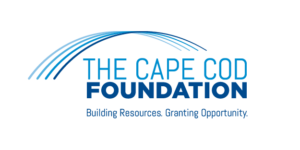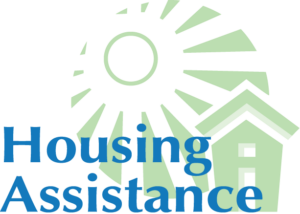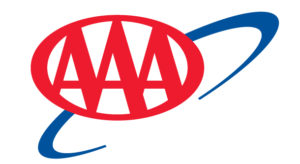
Edgar da Cunha, bishop of the Fall River Diocese, which includes Cape Cod, last year celebrated Mass at BCCF for female inmates. That was two days before Christmas. In more recent and more earthly news, two new programs are being added to what the Sheriff offers his female population.
BOURNE – In an effort to provide innovative and effective treatment programs to reduce inmate recidivism, Sheriff James M. Cummings has added two additional rehabilitative programs for the female inmates at the correctional facility in Bourne. Both programs are available to pre-trial and sentenced female inmates.
“While we usually only have a few dozen female inmates at any given time, it is critical to their recovery to search out and provide programs with proven results. By adding a weekly trauma-sensitive yoga session and partnering with treatment staff from Gosnold, I believe we will provide additional resources to aid our female inmates to be more aware of the reasons they find themselves incarcerated and take positive steps to not repeat it.” said Sheriff Cummings.
Below is a summary of the two new programs approved by Sheriff Cummings:
Trauma-Sensitive Yoga for Women
The objective of trauma-sensitive therapy is not to access emotions or dredge up trauma memories, but rather to help participants heighten their body awareness—to notice what is happening inside their bodies—and thereby learn to release tension, reduce and control fear and arousal, and tolerate sensation. The practice is based on the growing understanding that trauma takes a heavy toll on the body and the brain. When the body absorbs and anticipates trauma, individuals are likely to experience hyperarousal, hypervigilance, and an inability to calm themselves. Trauma-sensitive yoga helps them learn to calm their minds and regulate their physical responses and, thus, their emotions. They’re able to learn to recognize and tolerate physical sensations and thereby regain a feeling of safety inside their bodies.
Guiding Good Choices
Guiding Good Choices is based on the social development model and its primary objectives are to enhance protective parent-child interactions and to reduce child risk for early substance use initiation. GGC consists of a three-session, multimedia drug resistance and education program for parents of adolescents. The parents receive three sessions of instruction including material on the (a) identification of risk factors for adolescent substance abuse and a strategy to enhance protective family processes; (b) development of effective parenting practices, particularly regarding substance use issues; (c) family conflict management; and (d) use of family meetings as a vehicle for improving family management and positive child involvement. Each session runs approximately one hour in length.
























